Revolutionizing Investment: The Transformation of Real-World Asset Tokenization
Ever considered the idea of possessing a digital piece of New York City's most stunning architecture? Discover how this kind of investment functions!!
A Fresh Approach to Global Real Estate Investment
Picture investing in a $5 million masterpiece, a share of a California farm, or even a piece of a Manhattan skyscraper.

All of this can be done with just $100 and a few taps on your smartphone. Does it sound like science fiction? This is happening now, as we step into the age of real-world asset tokenization.
What is Real-World Asset Tokenization?
Tokenization involves converting a physical asset into digital tokens that can be traded on blockchain platforms.
Each token symbolizes a portion of the actual asset and encompasses all relevant rights and responsibilities.
Why is This a Game-Changer?
The key lies in eliminating obstacles. High-value investments often require substantial capital, time, connections, and intermediaries like banks and brokers.
Tokenization flips the script by
- Opening doors to investments once restricted to the elite;
- Boosting liquidity for assets like real estate and art;
- Lowering costs by reducing reliance on middlemen;
- Making investments global and accessible to anyone with internet and a digital wallet.
Platforms such as Securitize, RealT, and Tokeny are already offering tokens for real estate, startups, private debt, and even commodities.
Overview: The U.S. Market
The U.S. is at the forefront of this innovative approach, with a regulatory framework evolving to support it.
In Miami, a whole residential complex was tokenized and sold in parts through blockchain. In New York, private equity firms are converting their funds into tokens to broaden their investor pool.
Assets Being Tokenized Today
Tokenization can be utilized across a diverse range of assets. Noteworthy examples include
- Residential and commercial properties
- Artwork and rare collectibles
- Valuable metals like gold and silver
- Debt instruments and financial assets
- Carbon credits and eco-assets
- Agricultural commodities and infrastructure
How Does It Function in Real Life?
Imagine this scenario:
A property in Austin, Texas, is appraised at $10 million. The company that owns it opts to tokenize the asset, splitting it into 100,000 tokens.
Each token holds a value of $100, representing a share of the property. These tokens are launched on a blockchain platform (such as Ethereum or Polygon).
Investors globally buy these tokens, which are kept in their digital wallets.
Returns from rental income or property value increases are shared with token holders, who can sell or exchange their tokens anytime on secondary markets.
All of this occurs transparently, is verifiable, and uses smart contracts to streamline much of the process.
What are the advantages for ordinary investors?
- Entry with minimal capital
No longer do you need vast wealth to tap into advanced investment opportunities. - Enhanced portfolio diversification
You can invest in real estate, art, commodities, and startups right from home. - Flexibility and liquidity
It’s easier to trade tokens compared to physical assets. - Transparency and safety
Blockchain tracks all transactions openly and securely. - Returns in dollars
This offers international investors an easy way to access dollar-denominated assets worldwide.
But It’s Not Always Easy…
Despite the opportunities, tokenizing real-world assets encounters notable challenges:
- Regulatory ambiguity:
Current laws regarding digital securities are evolving, leading to legal uncertainties for both issuers and investors. - Need for market education:
A lot of individuals still don’t grasp how tokens function or the associated risks. - Limited initial market liquidity:
The market being new means that secondary trading opportunities might be constrained. - Compliance expenses:
Even with fewer intermediaries, serious projects must still adhere to KYC, AML, and securities regulations.
Luckily, with the U.S. SEC (Securities and Exchange Commission) indicating progress in regulation and major institutions beginning to engage, the journey toward maturity is becoming more defined.
Understanding Smart Contracts
Smart contracts are a key aspect of tokenization — they are automated scripts that outline the terms for investments, profit sharing, governance, and asset redemption.
They minimize human mistakes, combat fraud, and accelerate processes that typically take a lot of time and money.





